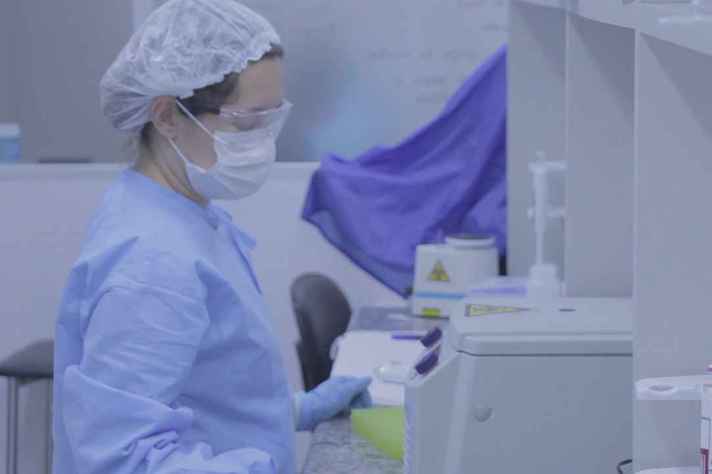
Investing in science is the surest passport for national sovereignty and improving people’s lives. July 8 marks National Flag Day, which is a favorable moment for us to reflect on the direction of the flag in the country. Our System of Science and Technology (S&T) has reached a prominent position in recent decades, enabling Brazil to enter the world rankings of the most productive countries in the field of research.
A report released this year by the Center for Management and Strategic Studies (CGEE), an agency linked to the Ministry of Science, Technology and Innovation (MCTI), highlights Brazil in global scientific production (ranked 13), a ranking that represents the number of articles published in international journals. Recent studies by the National Institute of Industrial Property (INPI) also revealed that 19 of the country’s top 25 patent applicants are public universities, responsible for more than 95% of the country’s scientific output. UFMG tops the list of universities with the most patents and recently received the Clarivate Analytics Award for being the Brazilian university with the most patent applications.
Science (and all the knowledge it has) is the basis of human existence. The race for a COVID-19 vaccine is an example of the centralization of science in multiple aspects of our daily lives. There are several candidate vaccines in Brazil, and one of the most advanced is being tested at the UFMG. The countries that advanced in this race are able, on the one hand, to immunize their populations, and, on the other hand, to export vaccines and the inputs needed for their manufacture to other countries, which gives them the conditions to exercise a kind of soft power, that is, the ability to influence the course of international geopolitics in a decisive and cooperative way.
If Brazil nurtures the ambition to join a select group of developed countries, which offer its people perspectives of opportunity, well-being, equality and social justice, it cannot neglect essential investment in science and technology.
However, this powerful, but at the same time fragile scientific and technological system, which consists of bodies such as MCTI, MEC, development agencies and public universities, has suffered successive resource cuts that undermine scientific development in the country. Restricted funding from federal universities, cuts in scholarships, and funding for Brazilian science has put the future of Brazil at risk, as well as the permanence of many of our researchers, who have moved abroad in search of more investment in their research.
It is the countries with long-term development projects that give the highest importance to science. They constantly apply resources to their scientific and technological system because it is clear that they will increase their indicators of economic, social and human development only if science occupies a central place in their public policies. While the United States and Germany invest 3% of their GDP in scientific research and technological development activities, Brazil, whose GDP is already less than that of these countries, applies less than 1%.
Brazil is at a crossroads. Its scientific and technical system has, in this century, reached a degree of maturity unprecedented in history. On the other hand, these developments are threatened precisely because resource flows have significantly decreased. If Brazil nurtures the ambition to join a select group of developed countries, which offer its people perspectives of opportunity, well-being, equality and social justice, it cannot neglect essential investment in science and technology.

“Wannabe internet buff. Future teen idol. Hardcore zombie guru. Gamer. Avid creator. Entrepreneur. Bacon ninja.”
